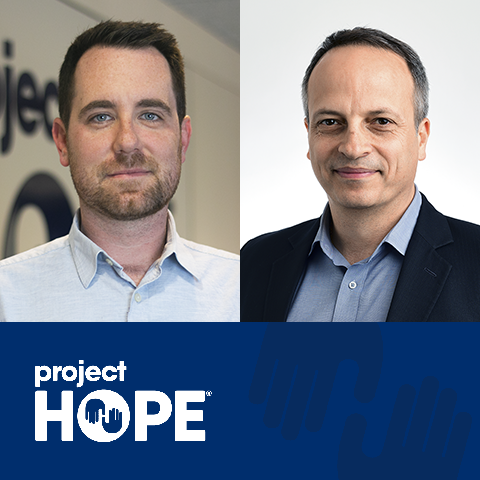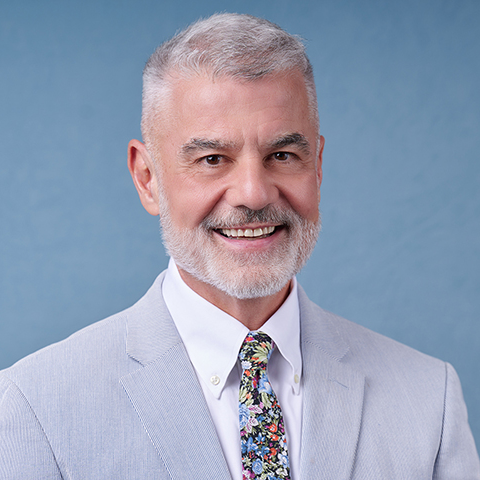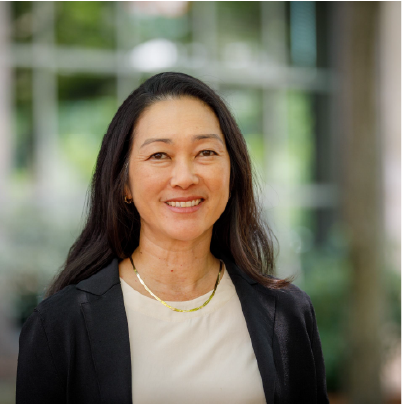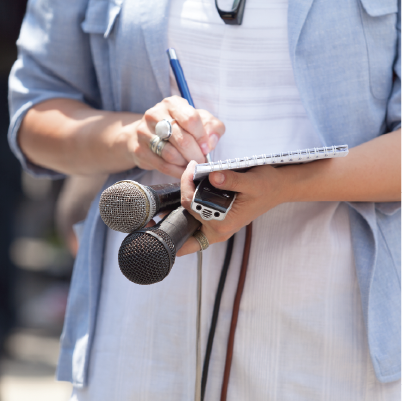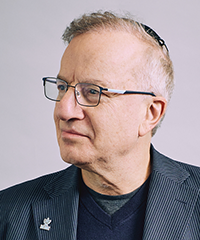From the Front Line in Romania to Washington DC: Project HOPE Supporting the Refugee Crisis
TUESDAY, MARCH 15, 2022
Conversations on Health Care hosts Mark Masselli and Margaret Flinter welcome Project HOPE’s CEO Rabih Torbay and Director of Emergency Response and Preparedness Tom Cotter, who joined the show from the field in Bucharest, Romania. They share the daunting task of providing extensive support and local training to the existing medical infrastructure in handling both the destruction of medical facilities within Ukraine and the millions of refugees in need of medical and behavioral health services as they arrive in neighboring countries. “These people have all experienced trauma,” Cotter said. They are training local laypersons in Psychological First Aid techniques to help the refugees transition to safety. Project HOPE is also keeping supply lines going into Ukraine with desperately needed medical supplies. “Even if this conflict ended tomorrow, the destruction will take years to rebuild,” Torbay said. They expect to be assisting in the region for a long time. And they continue to provide medical support in 30 countries around the world dealing with COVID-19, famine, and military conflict, with a particular focus on women and children’s health.
To download a full transcript of this episode, click here.
To download audio file, click here.
https://stage.chcradio.com/assets/shows/ProjectHope480.png
From the Front Line in Romania to Washington DC: Project HOPE Supporting the Refugee Crisis
Conversations on Health Care hosts Mark Masselli and Margaret Flinter welcome Project HOPE’s CEO Rabih Torbay and Director of Emergency Response and Preparedness Tom Cotter, who joined the show from the field in Bucharest, Romania. They share the daunting task of providing extensive support and local training to the existing medical infrastructure in handling both the destruction of medical facilities within Ukraine and the millions of refugees in need of medical and behavioral health services as they arrive in neighboring countries. “These people have all experienced trauma,” Cotter said. They are training local laypersons in Psychological First Aid techniques to help the refugees transition to safety. Project HOPE is also keeping supply lines going into Ukraine with desperately needed medical supplies. “Even if this conflict ended tomorrow, the destruction will take years to rebuild,” Torbay said. They expect to be assisting in the region for a long time. And they continue to provide medical support in 30 countries around the world dealing with COVID-19, famine, and military conflict, with a particular focus on women and children’s health.
